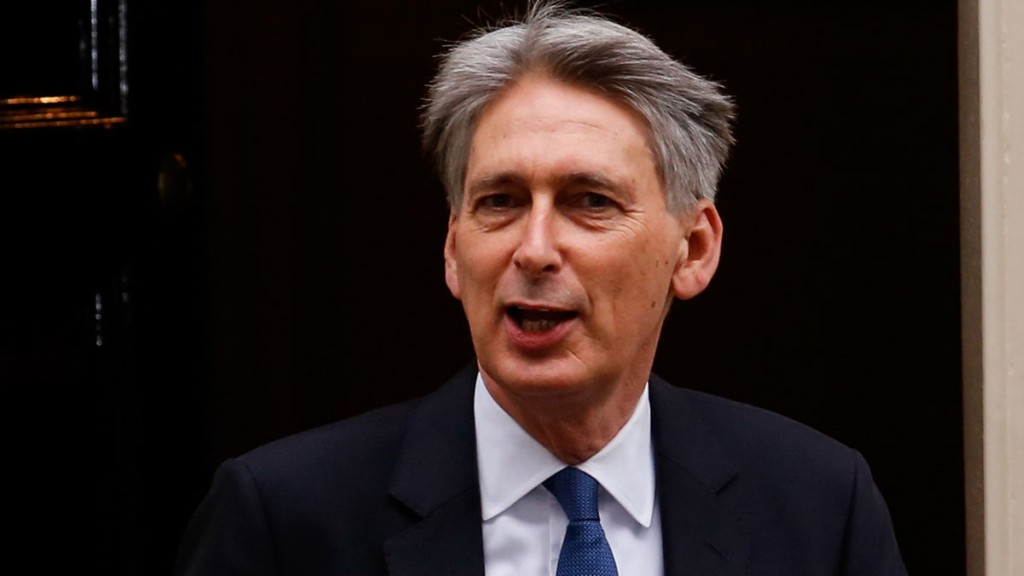
I wrote in this week’s MoneyWeek editor’s letter that Philip Hammond’s abolition of letting fees for tenants should be seen as the start of this government’s intention to intervene wherever it sees “market failure.”
We tend to disapprove of state intervention, but it is hard to argue that there aren’t too many occasions when the corporate sector just pushes things a little too far. Letting administration fees were a classic example – and removing them should help.
Think about the problems people have with housing and you will see that in the main it comes down to upfront costs. UK households spend about 21% of their income on housing expenditure – which is not that out of line with historical averages.
The problem for people moving into rented accommodation is getting together the deposits, letting fees and the first few months of rent all at the same time. And the problem for those buying is not so much the mortgage payments (which are low not high by historical standards) but the whopping deposits required thanks to super high house prices.
There isn’t much to be done about the deposit problem for buyers (bar letting house prices fall) but taking care of part of the upfront costs for tenants makes a great deal of sense.
Administration fees – which were far too high – will now become the subject of a competitive negotiation between landlords and letting agents. And landlords will end up paying considerably less than tenants do now. Good intervention.
The question now is where will Hammond spot market failure next? How about the fund management industry? The FCA has just published the results of its investigation into whether competition is working effectively in the fund management industry. It’s conclusion? Not really.
Performance is a problem and fees are a problem: the consistent super profits made in the industry are the main indicator of market failure here (if the market was working profit margins be competed down from their current 35-40% to a more normal 15-20%). I bet the conclusions of this report haven’t passed Hammond by.
It’s also worth noting that sometimes when governments don’t step in, lawyers do. In the US, as Gillian Tett points out in the FT, there has been an “explosion in class action law suits” against the pensions industry for charging “excessively high fees.” Those suits have already “clawed back $300m in excess fees and fines for members of 401k [workplace pension] schemes, mostly out of court settlements” says one of the lawyers involved and that in turn is pushing down fees across the industry.
Litigation and regulation are not the drivers we wanted to see behind lower fees. But given that the industry has failed to fix itself, it seems they are the drivers we are going to get.